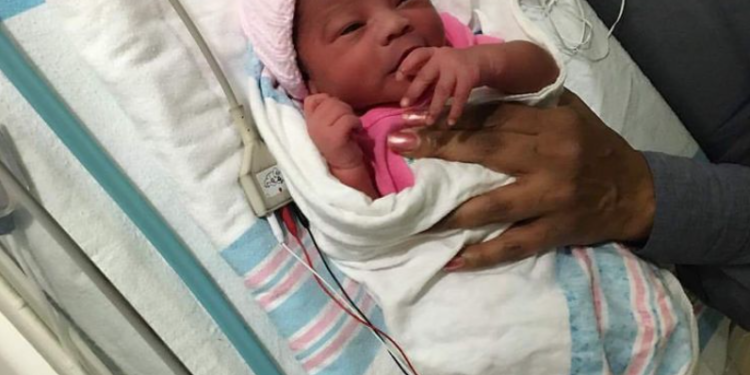April 10, 2025 Story by: Editor
Amid growing concerns about maternal health disparities in the United States, a new mixed-method study sheds light on the disproportionate challenges faced by Black/African American women in the healthcare system. The study, conducted between June and December 2023, integrates statistical analysis with deeply personal narratives to capture the real-life experiences of Black women during pregnancy and childbirth.
A Disproportionate Crisis
The United States continues to record one of the highest maternal mortality rates among industrialized nations, and the burden falls most heavily on Black women. These women are three times more likely to die from pregnancy-related complications than their white counterparts, according to data from the Centers for Disease Control and Prevention (CDC). Alarmingly, over 80% of pregnancy-related deaths are considered preventable. The study aims to amplify the voices of those most affected, revealing how systemic inequities, historical prejudice, and bias within the healthcare system have deadly consequences.
Study Objectives
The goal of the study was clear: to explore the personal birthing experiences of Black/African American women and to better understand the underlying causes of healthcare disparities. By combining both quantitative and qualitative methods, the researchers hoped to inform policy, educate healthcare professionals, and advocate for culturally competent care.
Methods and Recruitment
Over a six-month period, researchers collected 60 completed questionnaires and conducted four in-depth focus group interviews involving 14 participants. Participants were recruited through a variety of community channels, including local church groups, academic institutions, and Black-led organizations such as the Ole School Alumni Scholarship Group (OSASG) and Sisters in Session at James Madison University.
Eligibility was limited to Black/African American women aged 18 and older who had given birth or been pregnant in a U.S. hospital. Ethical approval was secured from the Institutional Review Board (IRB protocol #23-4129), and participant anonymity was rigorously protected.
Quantitative Findings
Survey responses were categorized as either “sufficient” or “insufficient” based on a 5-point scale. Scores of four or five indicated satisfaction with care, while scores below that highlighted the need for improvement. The majority of participants reported experiencing insufficient care, pointing to disparities in access, quality of communication, and overall maternal well-being.
Qualitative Insights
The qualitative portion of the study unearthed recurring themes of systemic bias, lack of advocacy, and emotional trauma. Participants described not being listened to, dismissed by providers, or feeling invisible during critical moments of care. One recurring concern was implicit bias: “Some doctors already assume that you won’t understand what they’re saying or that you’re not capable of following through,” said one participant.
Another participant recalled, “I kept telling them something was wrong, but no one believed me until it was almost too late.” These narratives align with previous findings that healthcare professionals sometimes perceive Black patients as “less cooperative, less compliant, and less responsible,” a perception rooted in both conscious and unconscious racial bias.
Community Responses and Resilience
Despite the challenges, many Black women are seeking alternatives to traditional healthcare systems, turning instead to community-based models of care. This trend illustrates both the mistrust toward larger medical institutions and the resilience of Black communities. As one interviewee shared, “It was my doula and the women in my church who really looked out for me—not the doctors.”
Moving Toward Equity
The research underscores the importance of culturally competent and patient-centered care. By elevating the voices of Black women and integrating their stories into healthcare reform efforts, the study calls for systemic changes that prioritize equity, trust, and accountability. “Our aim is not just to report on the crisis but to push for interventions that can save lives,” the study’s authors conclude.
In a healthcare system still grappling with racial inequity, this study stands as both a record of lived experiences and a call to action. By merging personal stories with empirical data, the research not only highlights the severity of Black maternal health disparities but also provides a roadmap for change—one centered on listening, understanding, and justice.
Source: Ceurus
















